
A view of Qingdao Port in Shandong province. (ZHANG JINGANG/FOR CHINA DAILY)
Expert: Growth to have 'creditable showing' in 2023; multifaceted strategy encouraged
China's economy is expected to steadily recover in the fourth quarter and further pick up in 2024, and will be far from nearing a so-called state of deflation, said Hoe Ee Khor, chief economist of the ASEAN 3 Macroeconomic Research Office, or AMRO.
"Following a strong rebound in the first quarter and a sharp weakening in the second quarter due to stiff headwinds, China's growth recovery momentum began to stabilize in the third quarter," Khor said in an exclusive interview with China Daily.
"The momentum is expected to strengthen steadily in the fourth quarter and pick up further through 2024, with the help of well-calibrated and targeted policies and a gradual recovery in external demand," Khor said.
Established in 2011, AMRO is an international organization which aims to contribute to securing the macroeconomic and financial resilience and stability of the ASEAN 3 region. Before joining AMRO, Khor was deputy director of the International Monetary Fund's Asia and Pacific Department.
Khor said China's economic growth should have "a creditable showing" in 2023 in line with the authorities' target, and then accelerate moderately in 2024. The country set this year's economic growth target at around 5 percent.
Khor is among the international experts who have strengthened their confidence in China's ability to achieve this year's growth target after the country registered encouraging economic data for August, ranging from faster retail sales to narrower export declines.
As economic momentum should continue to firm, Khor said China is nowhere near deflation — a condition marked by a sustained decrease in general price levels. "China's economy is nowhere near a state where the economy is seeing very sluggish demand and low credit or money supply growth."
Although China's consumer price index, a main gauge of inflation, saw a negative growth of — 0.3 percent in July year-on-year, the CPI resumed a positive 0.1-percent growth in August while new renminbi loans came in at 1.36 trillion yuan ($186 billion), up 6.8 percent year-on-year, official data showed.
"China is still a middle-income economy and it can keep up robust economic growth for many years to come. The economy is fundamentally sound and there are many strong drivers," Khor said.
Nevertheless, Khor acknowledged that China's inflation will likely remain low for the remainder of the year, thanks in part to bumper food harvests as well as weakness in consumer spending due to spillovers from the sluggish real estate sector and external demand.
Echoing Khor's views, the Asian Development Bank said in its latest forecast that China's CPI growth will reach 0.7 percent this year, a rate unchanged from what was seen in the first half of the year.
Fiscal policy should continue targeted support for economic recovery and job creation while credit policies should remain supportive, Khor said, adding that more policy support and strong efforts by stakeholders are needed to support the recovery of the real estate sector that is at an early stage.
Chinese authorities, according to Khor, could implement measures to improve developers' financial positions, facilitate the completion of housing unit construction and ease macro-prudential measures to encourage home purchases.
Also, China needs a multifaceted strategy to address the long-term challenges of its aging population, climate change and geoeconomic fragmentation, he said.
"To boost its growth potential, China must strengthen structural reforms to raise its total factor productivity growth and continue to promote the multilateral trading system through both bilateral and multilateral channels."
The country should also continue its impressive development of renewable energy products and work closely with other countries to move away from fossil fuels, Khor said. "China can achieve major breakthroughs in boosting growth and resilience."








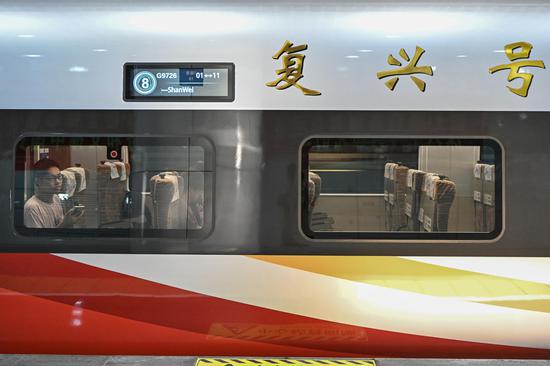


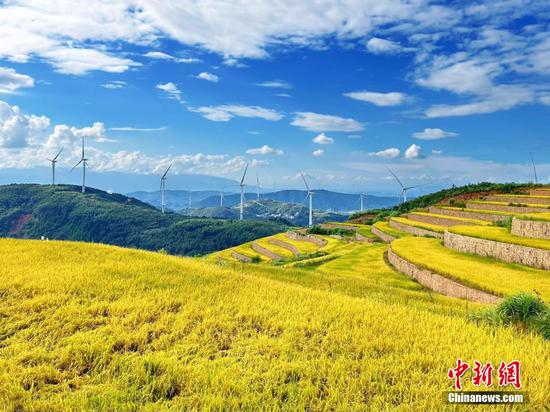




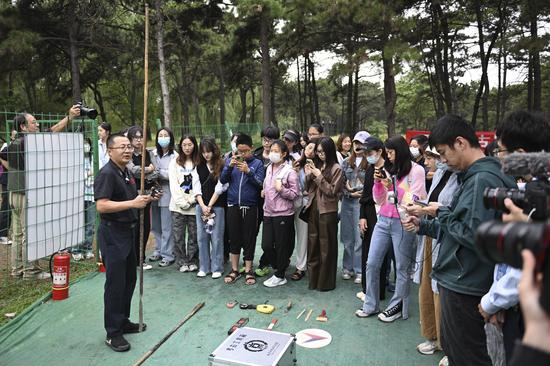
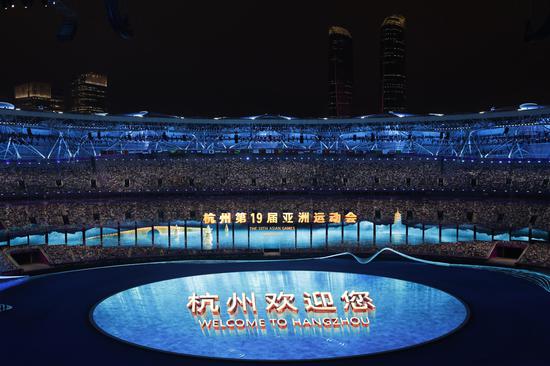




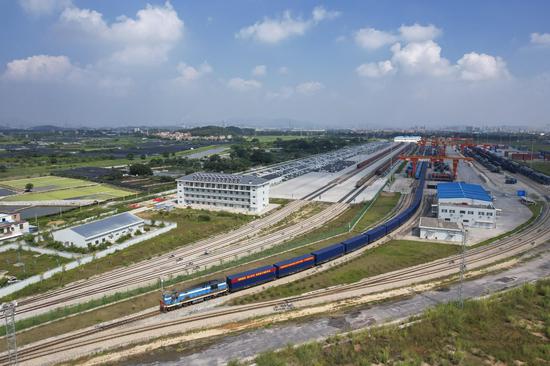
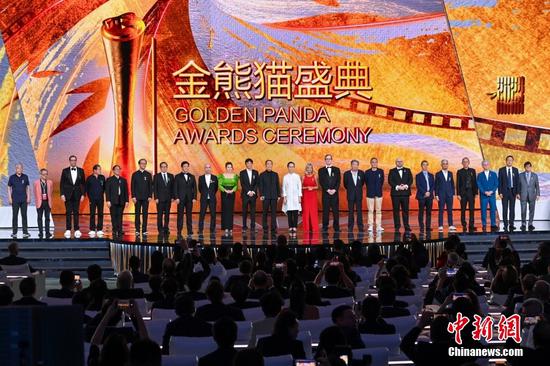


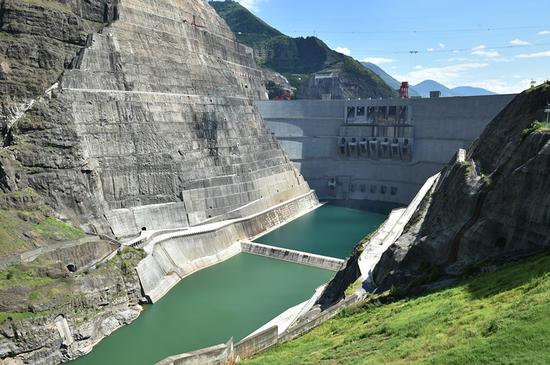
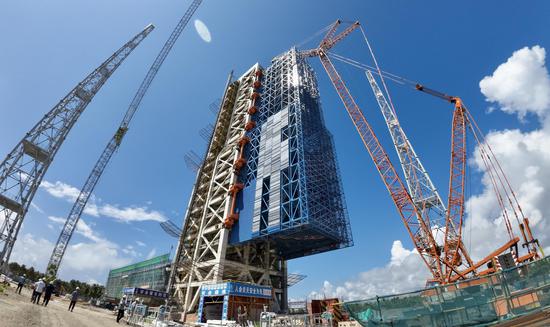





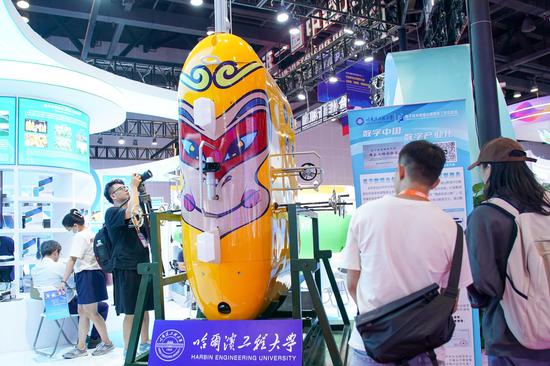





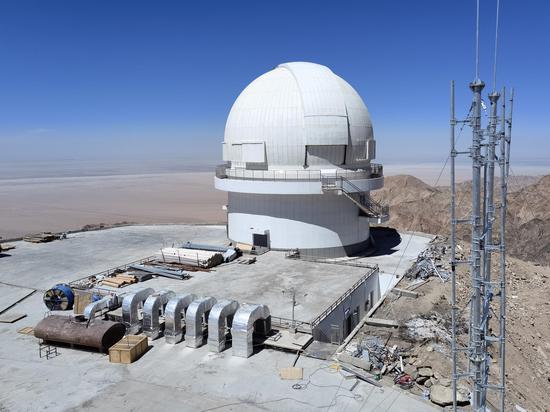










 京公网安备 11010202009201号
京公网安备 11010202009201号